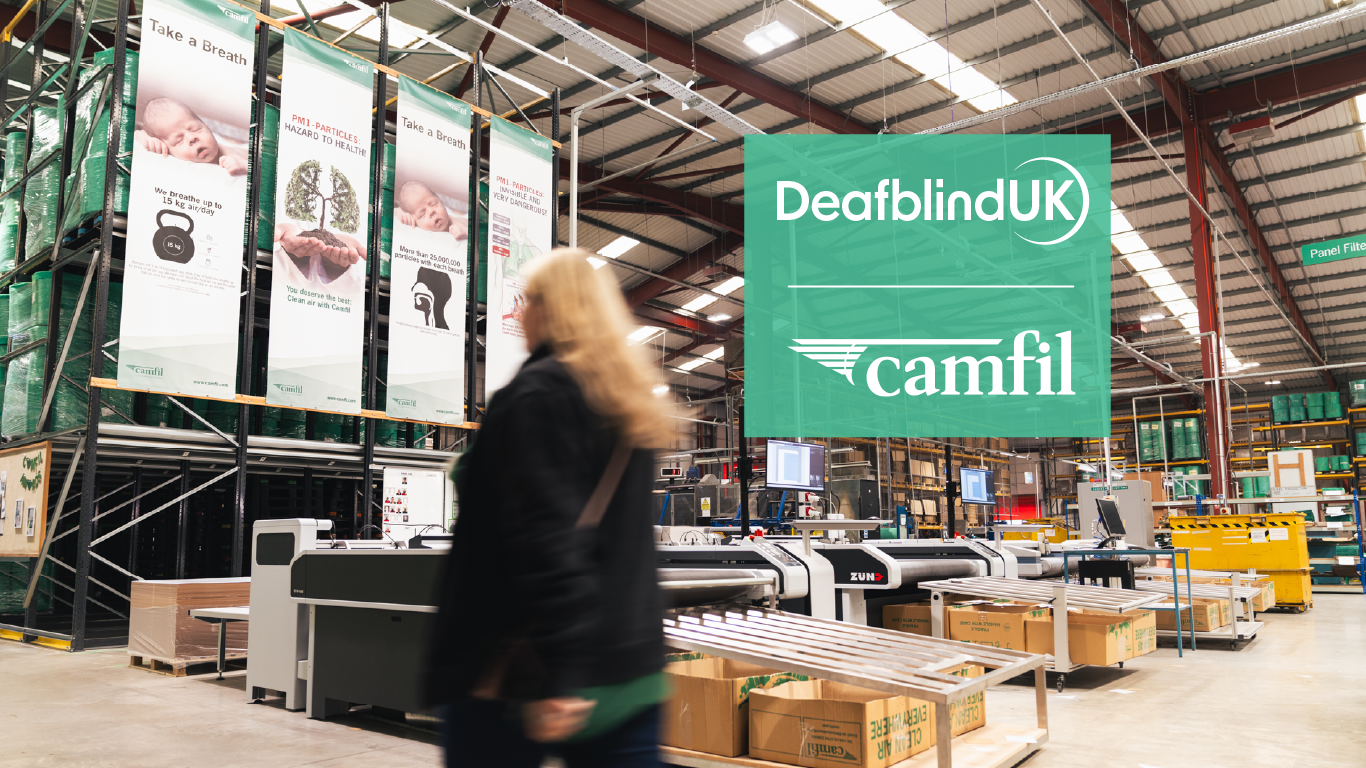Free TV licences were first introduced in 2000 for license holders over 75, at the same time as half-price licences for the visually impaired. It was announced this week that from June 2020, license holders over the age of 75 who do not receive Pension Credit will need to pay for a license. However we have been told that there are currently no plans to revise the reduced fee for people who are visually impaired or who received Pension Credit.
Many older people, who rely on television for companionship, information and entertainment, may have to make the heart-breaking decision to stop watching – simply because they can’t afford the license fee.
In their Equality Impact Assessment (EIA), the BBC investigated a number of possible equality issues. Concern was expressed that without the increase in funding the new charge would generate, the availability of BBC accessibility services (e.g. subtitling) could be reduced which would have implications for deafblind users. They also said that the people affected by the introduced fees are likely to be female, from BAME backgrounds, or disabled; these options would have more serious adverse effects on equal opportunities to watch TV without unacceptable financial hardship.
Currently, if you are blind (severely sight impaired) and can provide the appropriate evidence, you are eligible to apply for a 50% concession. Your licence will also cover anyone who lives with you. If you are partially sighted (sight impaired) you are not eligible. A blind concession TV Licence costs £77.25 for colour and £26 for a black and white TV Licence. This is a reduction of 50% on the cost of a full TV license.
You can receive accessible information from TV licensing by email or in Braille, large print or audio by calling 0300 790 6076 or Minicom 0300 790 6050, or contact Deafblind UK.




